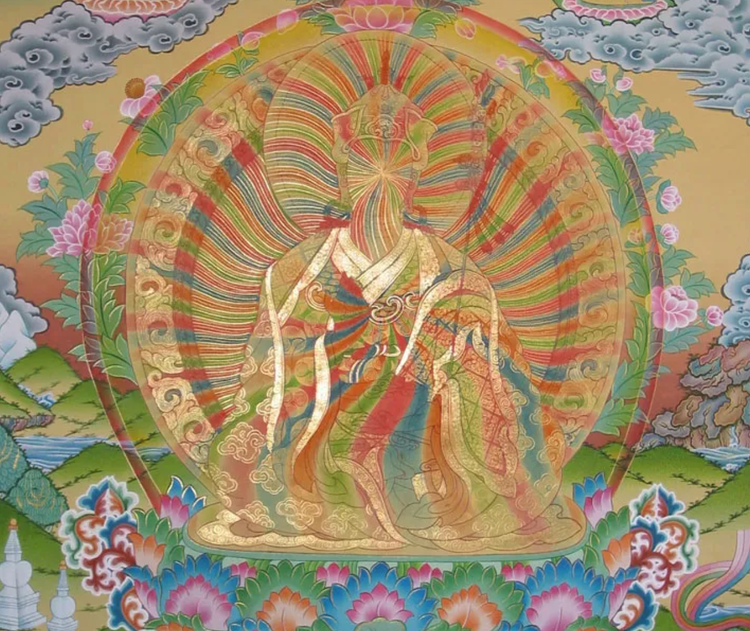The problem of suffering.


In his first sermon, the Buddha taught that the entry-way to a spiritual practice started with the truth of suffering. The main problem that we are trying to resolve with our practice is the reality of suffering, dissatisfaction, and discontentment in our life.
The Buddha taught that the first noble truth was to understand suffering, which really means to understand the human predicament. Right away the Buddha is pointing out that the result of working with suffering in our life is wisdom.
That suffering is to be understood. Not transcended, not eliminated, not brought to an end. Suffering is a doorway to wisdom, understand, acceptance, and yes, even love.
If the Buddha sat down and had a conversation with Karl Popper, I think they would both agree on falling in love with problem of suffering. To live with it happily until death do us part.
Working with our suffering grounds us in the present, in the here and now. We cannot escape the human condition, but we can dramatically alter the way in which we live in the world.
The Buddha taught the second noble truth, the truth of the origin, which is that attachment, aversion, and ignorance give rise to suffering.
The Buddha taught that we are to let go of attachment, aversion, and ignorance. Those are practical instructions that we can work with every day for the rest of our life. Where are we getting stuck? What are we holding onto? Where are we sowing the seeds of our own pain and discontent?
Recognize attachment, aversion, and ignorance, and let go. Build a habit of recognizing fixation and letting go into presence. I can promise you there will be no shortage of these problem children, so in the words of Popper, dedicating your life to working with these will provide purpose to the end of your days.
The third noble truth is the truth of cessation, or the peace of nirvana. We often think that cessation here means the cessation of suffering, but the Buddha explicitly states that it is the cessation of attachment, aversion, and ignorance.
When we understand the human predicament with wisdom and acceptance, and no longer perpetuate the cycle of reactivity through our own attachment, aversion, and ignorance. The result is peace. That's it really. We are at peace with our reality. We are at peace with ourselves. Wisdom gives rise to acceptance, love, openness, equanimity, and peace.
To our great surprise, the solution to the problem of suffering does indeed open up a whole existence of problem children. It presents us with the problem of learning how to carry wisdom, kindness, generosity, and love into the world once we know those are available to us.
The reality is there is no solution to this problem, and maybe it was never even designed to be the problem that we needed to solve.
Maybe it is simply a doorway to a life well lived. A life dedicated to practice.




